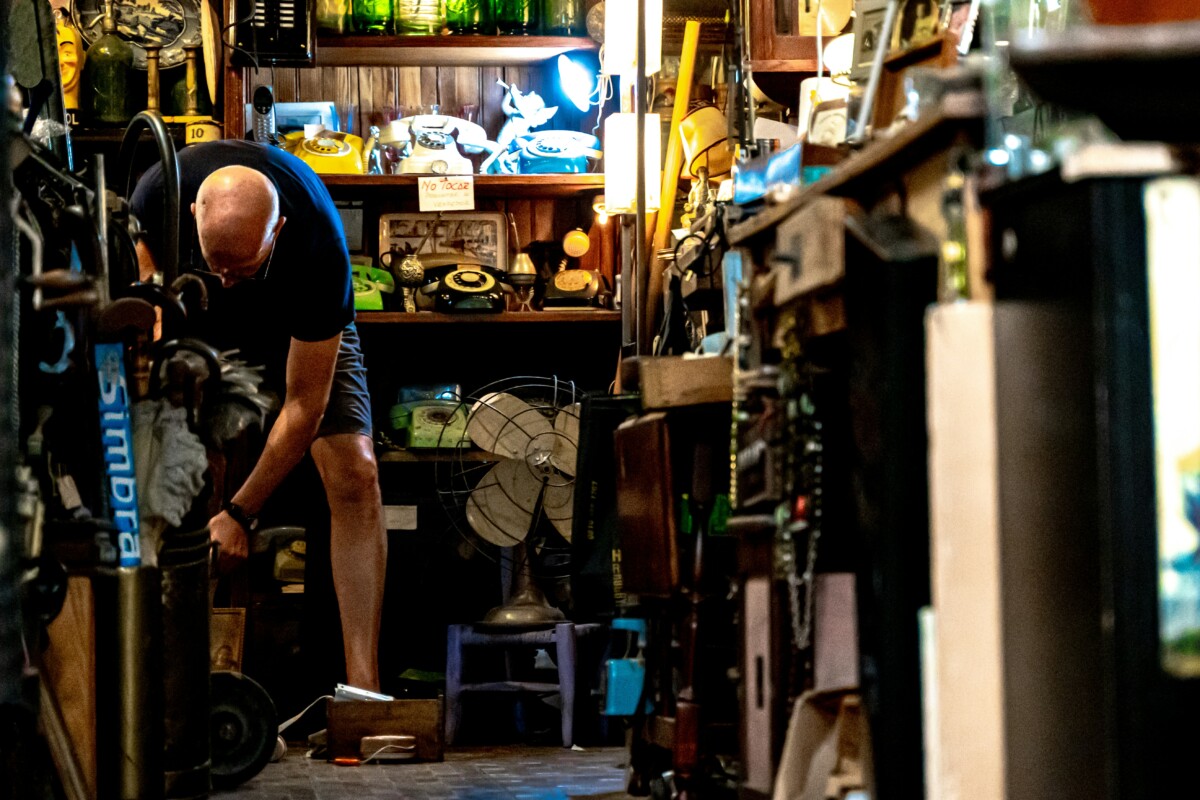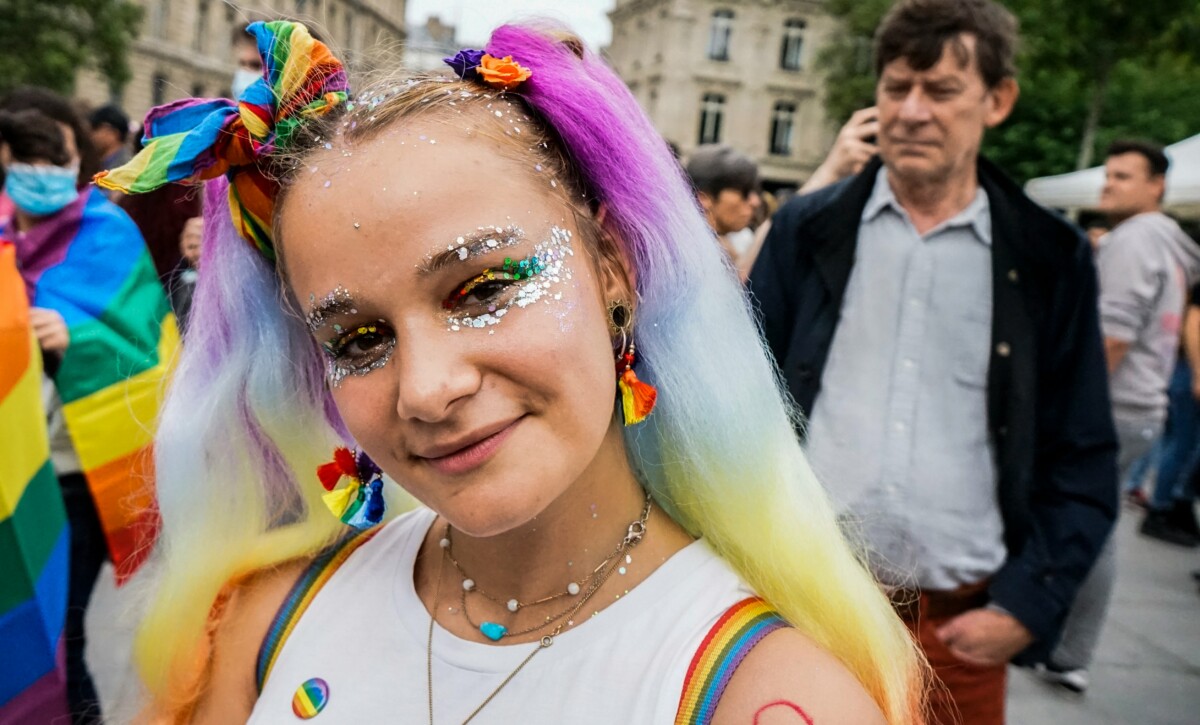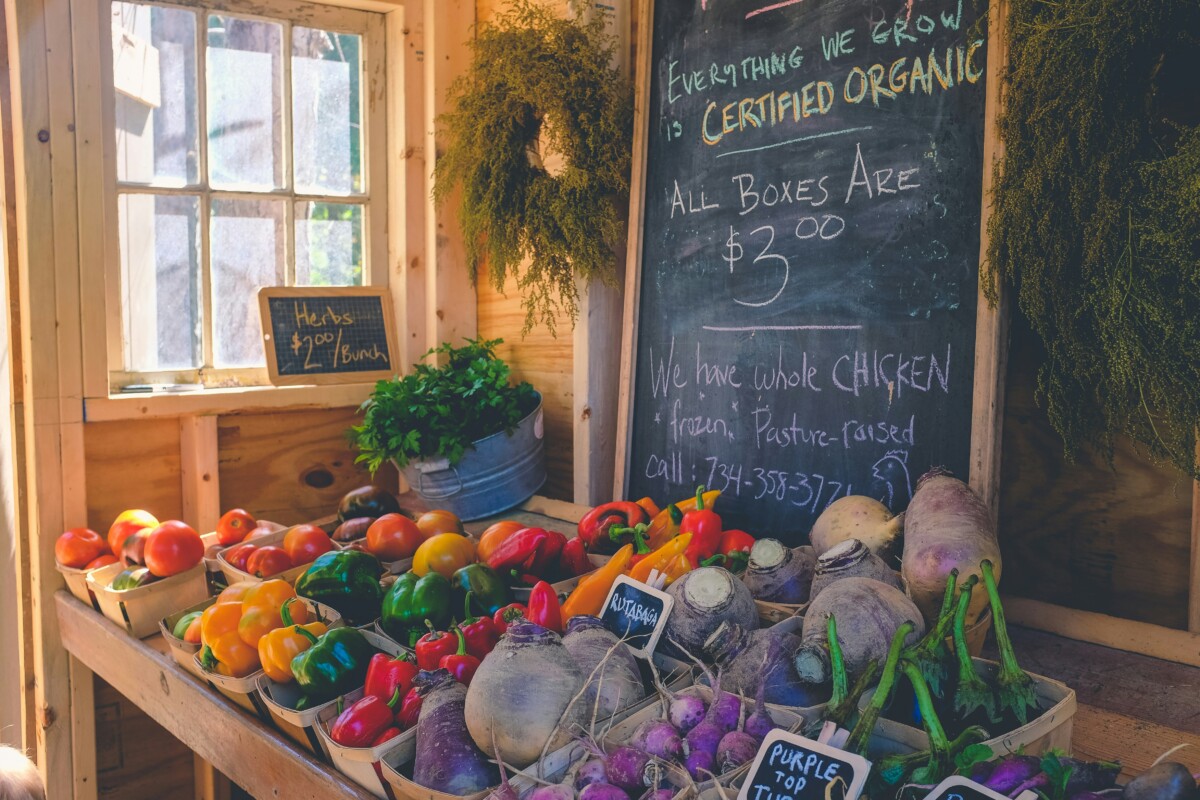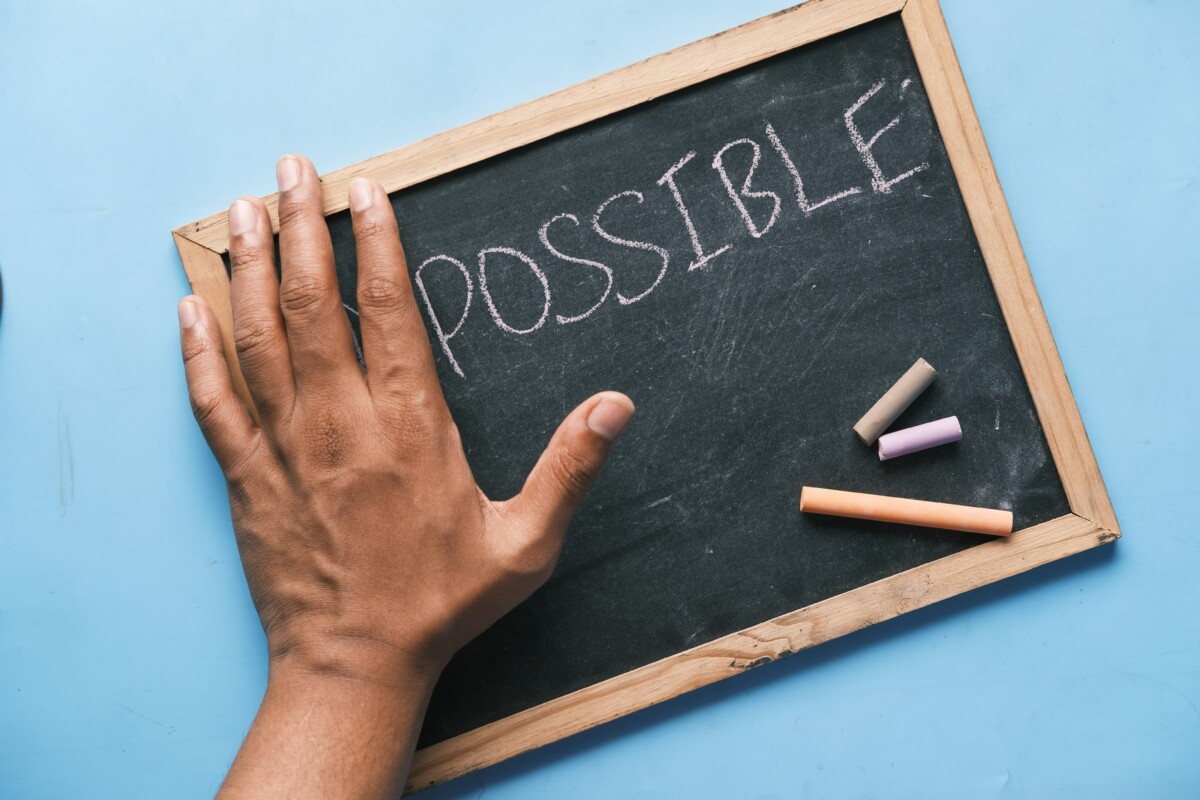Why Purpose-Driven Companies Will Define the Next Era of Business
Listen to the full podcast episode on YouTube, Spotify, and Apple Podcasts.
With decades of real-world experience navigating journalism, regulation, and corporate affairs, Clayton brings a grounded but sharply insightful view on how companies must think about long-term value creation, resilience, and integrity in an increasingly sceptical world.
The Big Pivot: From Shareholder Value to Stakeholder Responsibility
“Purpose isn’t marketing. It’s not CSR. It’s not woke. Done properly, it’s a business strategy that drives performance.”
Clayton remarked, cutting through decades of corporate spin with refreshing clarity.
Once upon a time, Milton Friedman’s mantra — that a company’s sole responsibility was to increase profits — reigned supreme. But Clayton traces how the corporate landscape shifted, from the free-market fundamentalism of the 1980s to the cautious embrace of stakeholder capitalism post-2019, when 180 CEOs signed a statement redefining the purpose of business.
Yet, as Clayton warns, we’re now at a critical crossroads:
-
Some firms are doubling down on purpose with authentic, business-aligned strategies.
-
Others are retreating, green-hushing their initiatives out of fear of political backlash.
-
And many, who only ever paid lip service to purpose, are quietly dropping the language altogether.
The risk? A two-speed world of business, where integrity becomes the ultimate differentiator.

Why Purpose-First Businesses Outperform
Clayton dives into the real, quantifiable advantages of purpose-led business models:
🔹 Employee Engagement: Workers connected to a higher purpose show 30% greater innovation rates, according to Deloitte.
🔹 Innovation: Purpose-driven companies are five times more likely to deliver breakthrough innovations (McKinsey).
🔹 Financial Performance: Firms with strong corporate purpose deliver annual equity returns 9% higher than their competitors.
And it’s not just about slogans or window dressing. As Clayton reminds us, quoting the famous NASA janitor story: “My job is to help put a man on the moon.” That alignment of personal contribution with a collective mission is where true engagement — and resilience — is built.
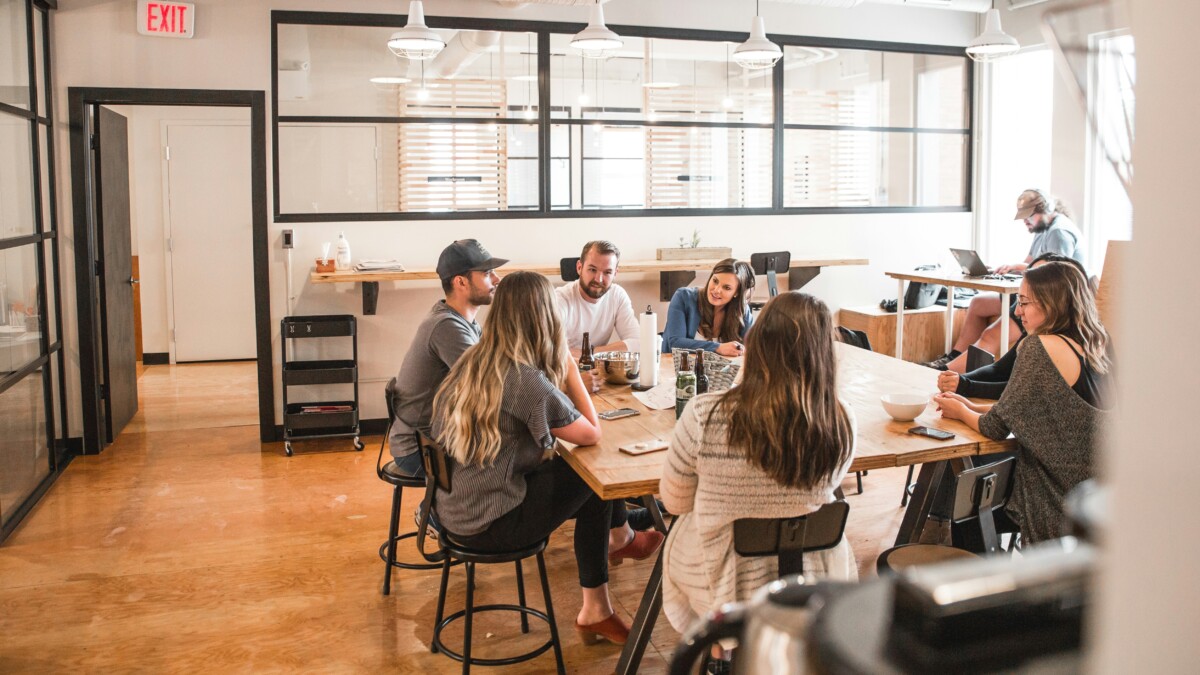
The Future of Corporate Purpose: Who Will Survive?
Looking ahead, Clayton outlines three distinct paths companies seem to be taking:
✅ Doubling Down: Organisations embedding purpose authentically into their core strategies, recognising the long-term business value.
⚠️ Rowing Back: Brands backtracking on their promises under market or political pressure.
❌ Dropping It Altogether: Those who treated purpose as a temporary marketing tool are now abandoning it.
He leaves us with a stark warning: in a world grappling with planetary crises, greenwashing and inauthenticity won’t just hurt reputations — they’ll destroy trust and erode long-term business viability.
“The world is watching more closely than ever,” Clayton says. “Businesses that aren’t radically transparent will get found out — if not today, then tomorrow.”
Final Word: The Magic Wand Question
If given a magic wand, Clayton would change two things:
-
Encourage long-termism in business strategy.
-
Demand authentic communications that truly reflect reality.
“We’ve seen too much hype and not enough honesty,” he concludes. “The companies that will thrive are those who match their words with real-world action.”
Integrity in Action
👉 Join The Anti-Greenwash Charter and be recognised for your commitment to responsible sustainability communications.
Want to be a guest on our show?
Contact Us.
The Responsible Edge Podcast
Queensgate House
48 Queen Street
Exeter
Devon
EX4 3SR
Recognition.
Subscribe Now.
Subscribe below to receive a monthly email featuring all new episodes of The Responsible Edge Podcast.
© 2025. The Responsible Edge Podcast
Created by The Anti-Greenwash Charter
© 2025. The Responsible Edge Podcast




